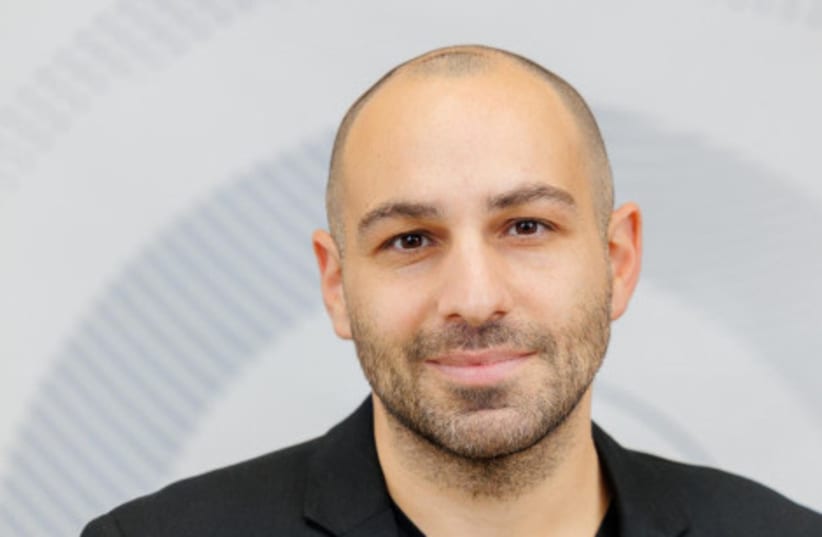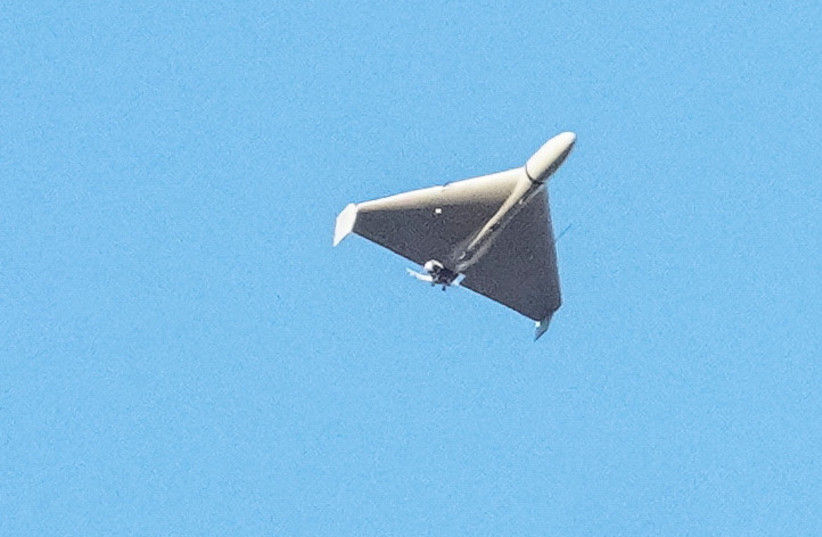The Israeli public immersed themselves in the news media and experienced great anxiety on the night of the Iranian aerial attack against Israel, according to a new survey by Dr. Gal Yavetz, a lecturer at the information science department at Bar-Ilan University (BIU) in Ramat Gan together with online survey company iPanel.
The survey of 504 Jewish Israelis who constituted a representative sample revealed that:
More than 77% of the respondents reported varying levels of anxiety, while only 20% reported no symptoms of anxiety during the attack. About 3.6% admitted that they experienced extreme anxiety, including difficulty breathing, confusion and feeling terrorized.
Over 3/4 of respondents reported anxiety
A particularly high consumption of news was reported. About 60% of the public said that the information they consumed from the media was helpful to them during the hours of the attack.
Three-quarters of those polled said that they trusted the official information they received from the IDF spokesman and the Home Front Command, which represent both the government and the IDF.
“An emergency event of this sort affirms the role of traditional media in notifying, preparing and providing commentary to the public during such an extreme moment of fear and anxiety,” said Yavetz, whose research focuses on social media and information behavior, with particular interest in government and political information.
A previous survey he conducted during the fourth and fifth weeks of Swords of Iron War found that about half of the public reported increased news consumption of over three hours a day. The new survey also mirrors previous research on the war in which he found that in the eyes of the public, IDF spokesman Brigadier General Daniel Hagari provides a reliable picture of the situation that can be trusted, even when it comes to events of historical significance such as the one that occurred on Saturday night.

